Patience, sensitivity and attention become a two way street in communication. From “what” to say to “how” to listen, communication is the lifeline of the family unit. A family that communicates well builds healthy, solid bonds that provide children the safety they need to develop self-confidence. Avoiding judgments and taboos creates a trusting environment, which allows children to openly discuss their feelings and ask questions freely.
Patience, sensitivity and attention become a two way street in communication. From “what” to say to “how” to listen, communication is the lifeline of the family unit. A family that communicates well builds healthy, solid bonds that provide children the safety they need to develop self-confidence. Avoiding judgments and taboos creates a trusting environment, which allows children to openly discuss their feelings and ask questions freely.
In the darkness of ignorance, on any subject, children will choose whom to ask based on past experience. If they are judged upon their questions, ridiculed, ignored or avoided, children will find a different source of information. An eldest child may find an uncle; a younger child may defer to an older sibling. Children are looking for someone that can help them interpret and understand their new experiences and they are quick to learn where to go for what. In today’s era, there is no less judgmental guru than the Internet, leaving parents a short period of time to win their children’s trust.
The GOOD PUPPY System was designed to build trust. A systemic approach based on privileges gives children peace of mind. Bound by a pre-established commitment, children can count on a fair trial. As the earliest emotional communication tool, the system aids children in the identification of their emotions. Driven by empathetic images, children recognize emotions within themselves and others, to ultimately learn to verbalize them instead of having to act them out.
From
EVERYTHING HAPPENS FOR A REASON
The Little GOOD PUPPY Guide Book for Growing Good Kids
By Gabriel Tito, RMFT & Marina Tito
Learn more about the
GOOD PUPPY Children Behavioral & Emotional System
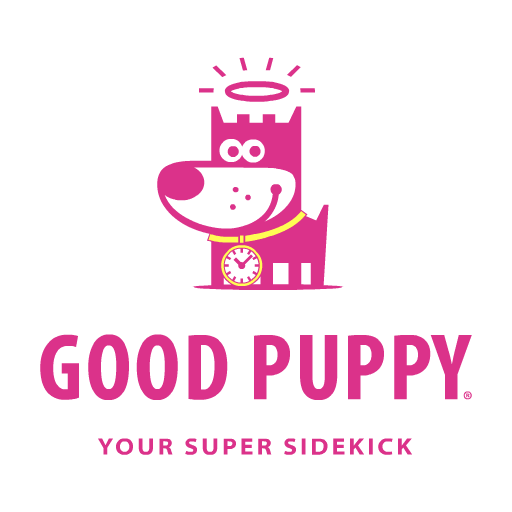








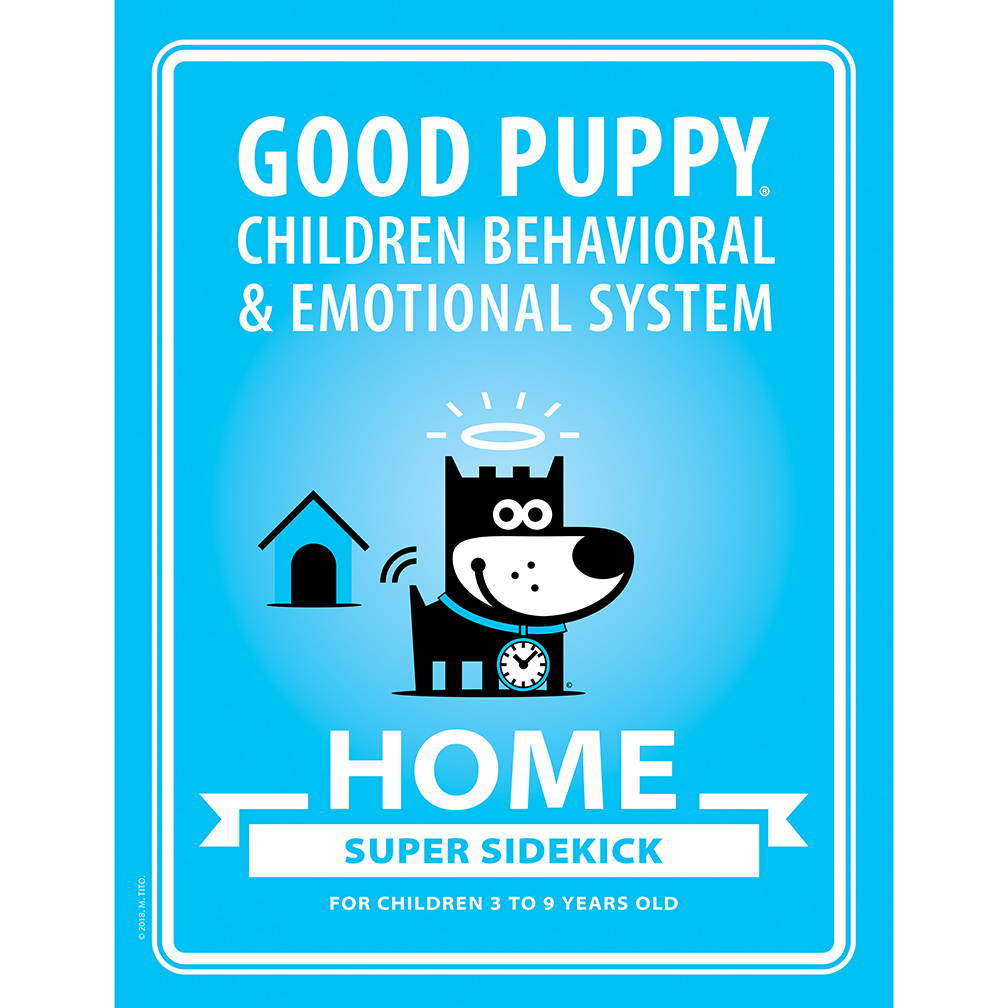
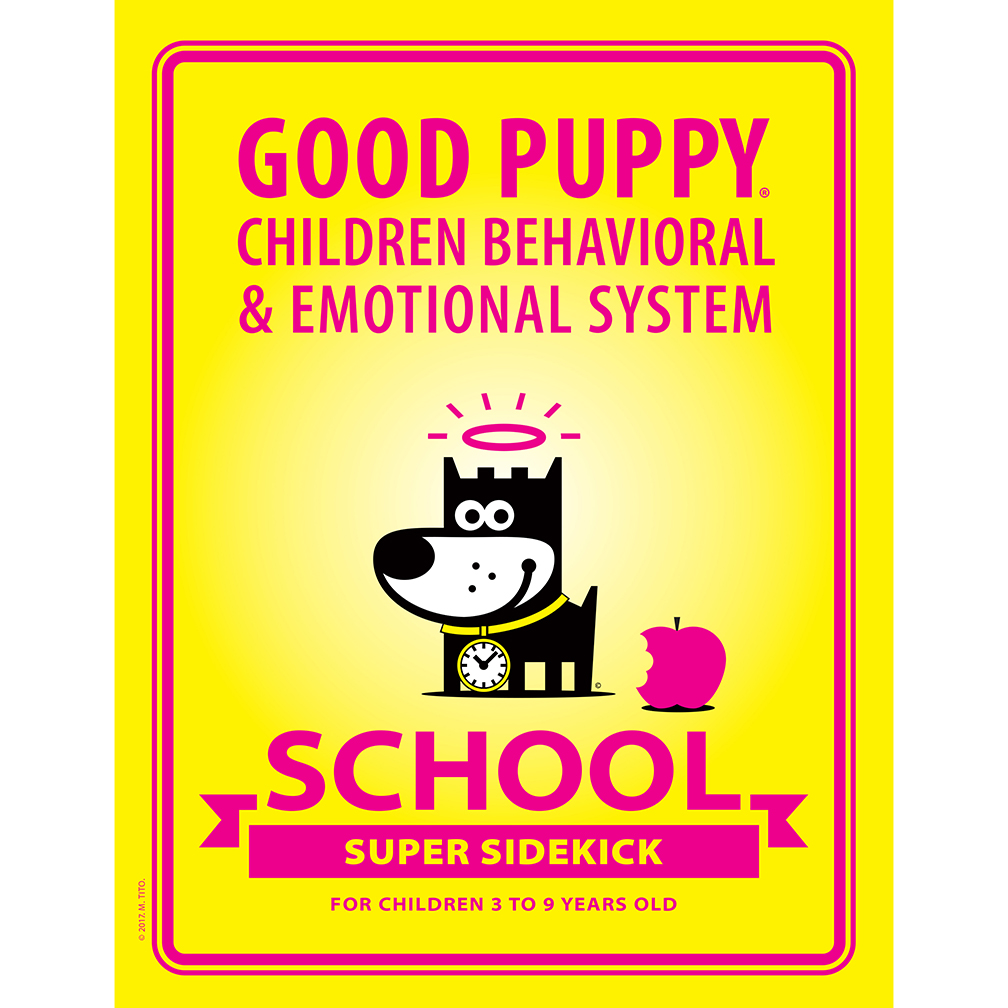
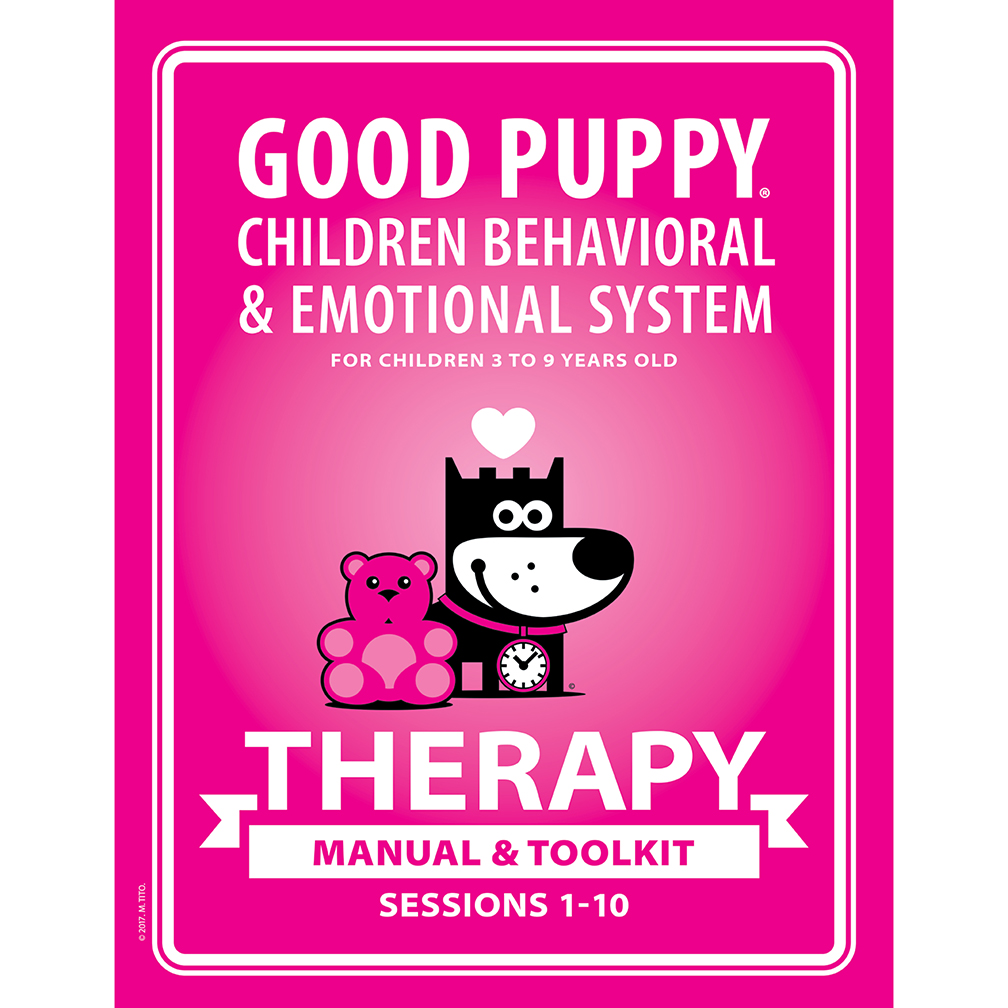
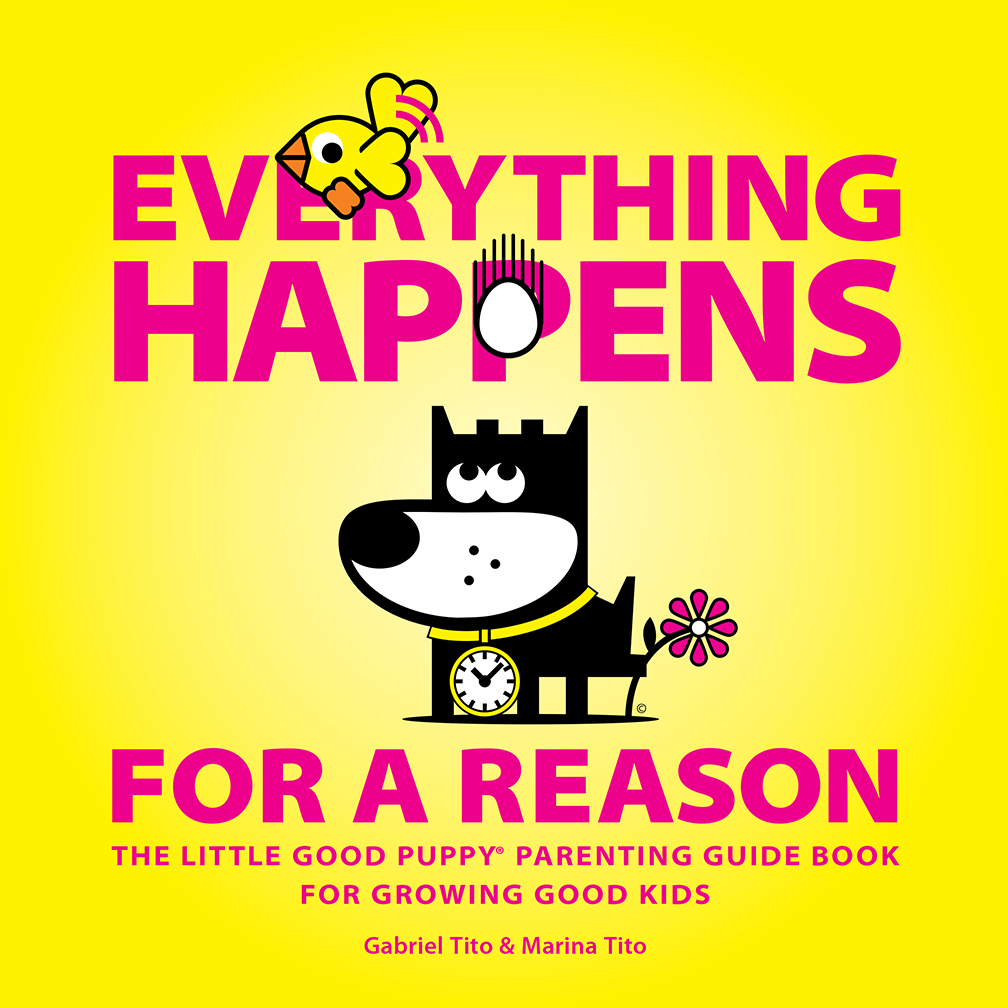

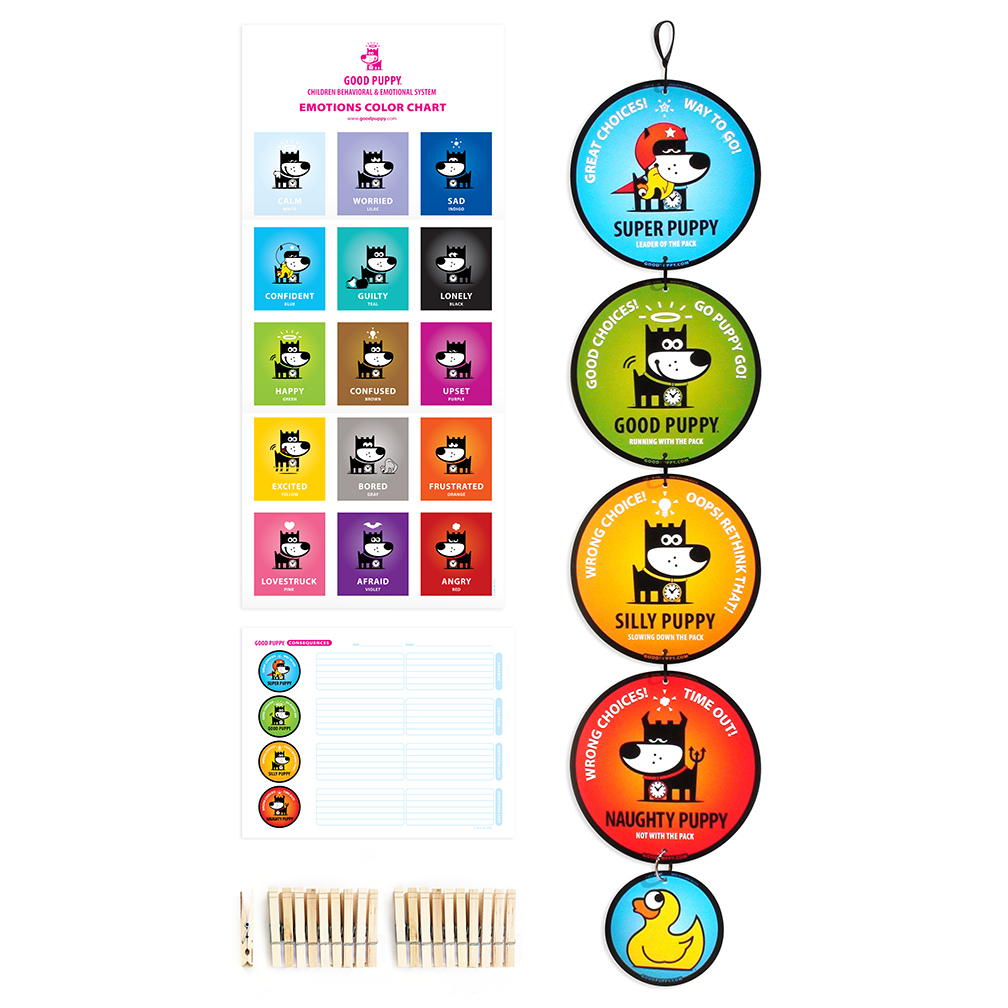

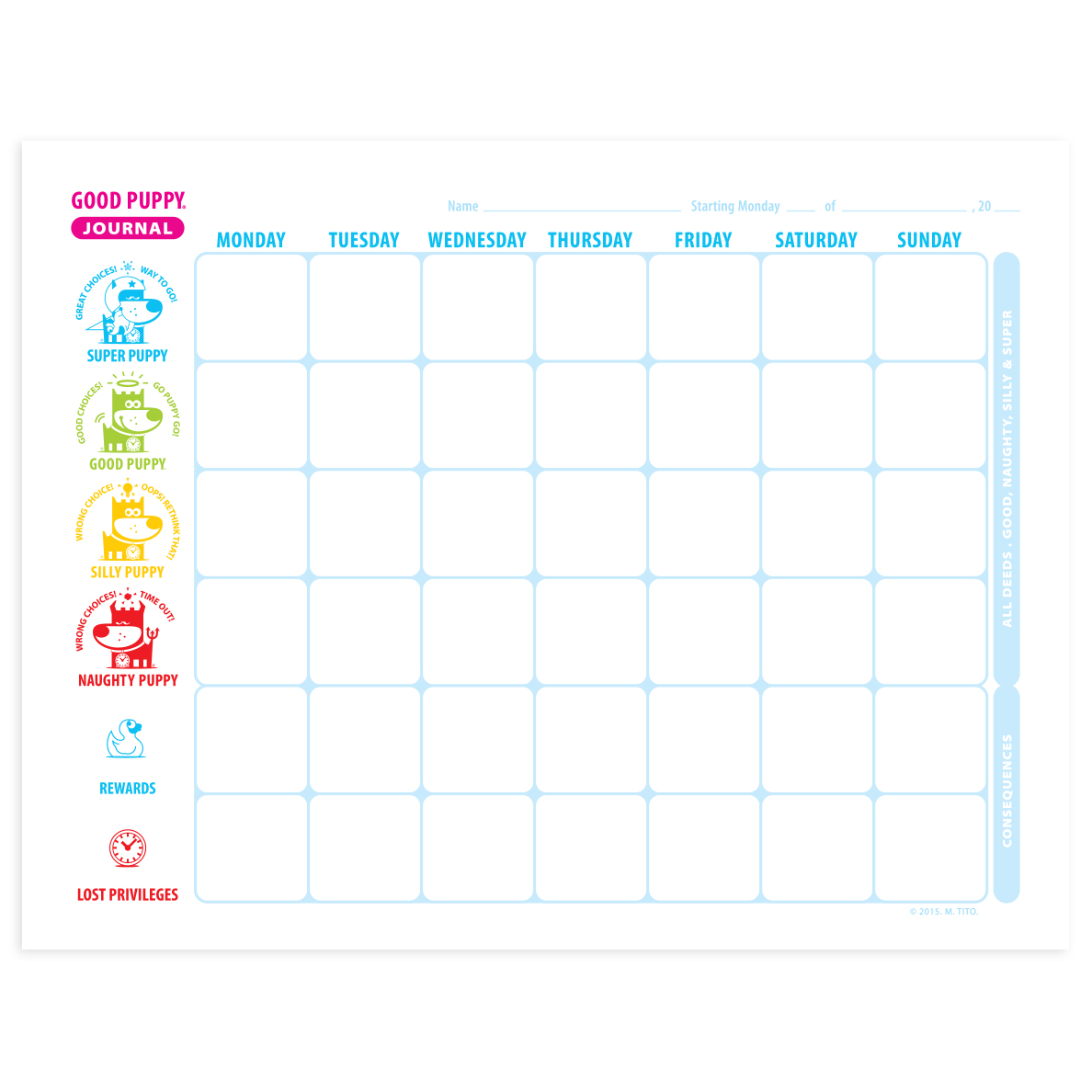

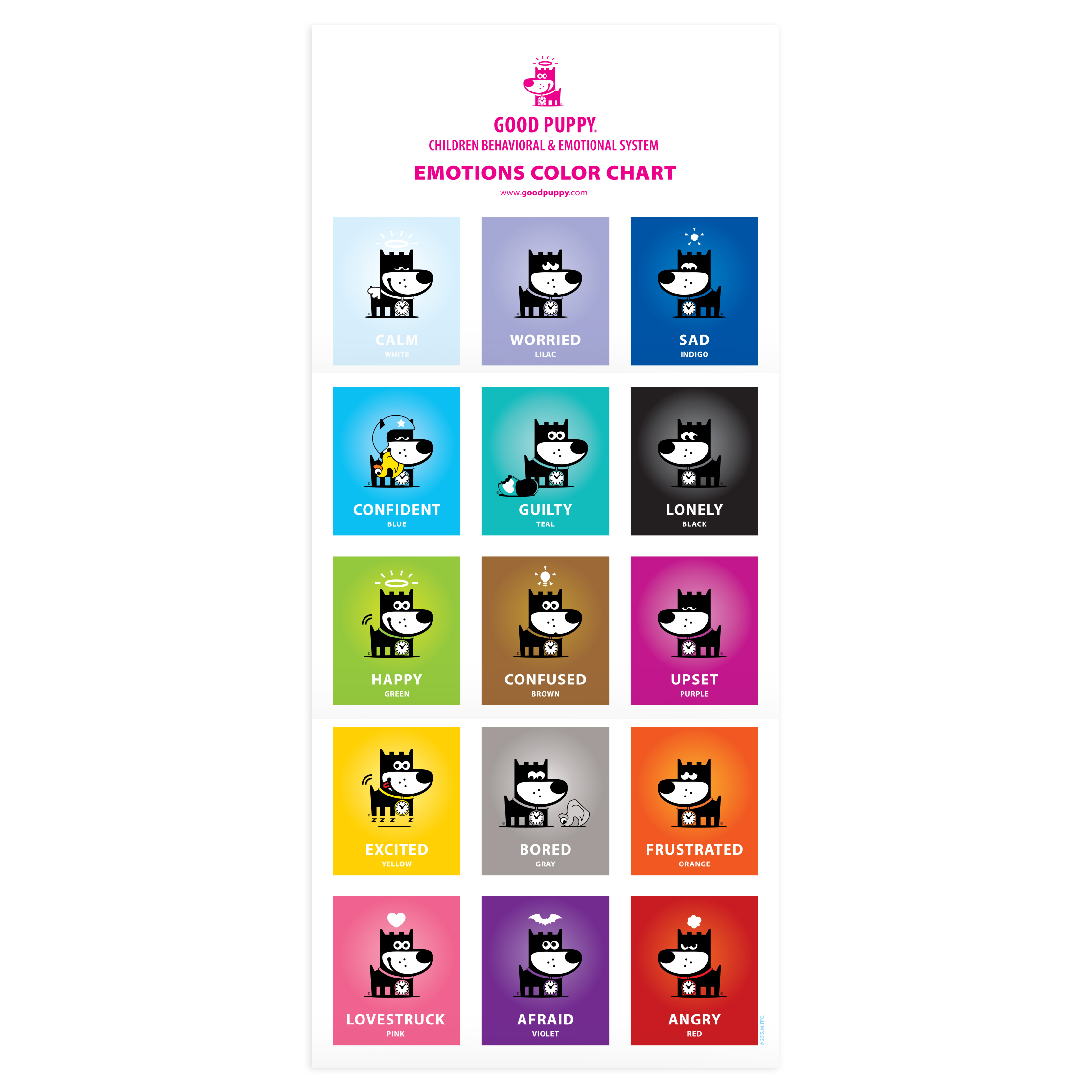
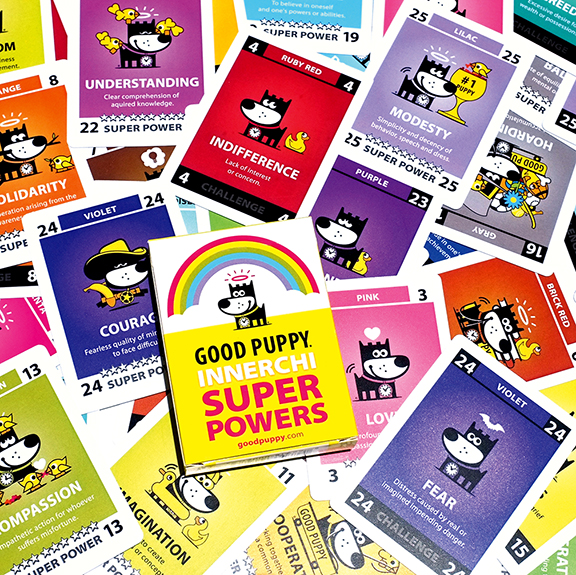


What Does It Take To Do A Good Parenting Job?
Just like any job, raising children comes with a list of requirements. These requirements allow for a positive parenting experience, beneficial to everyone. But while anyone may muster up some of these traits, it is mastering them that will turn them into parenting super powers.